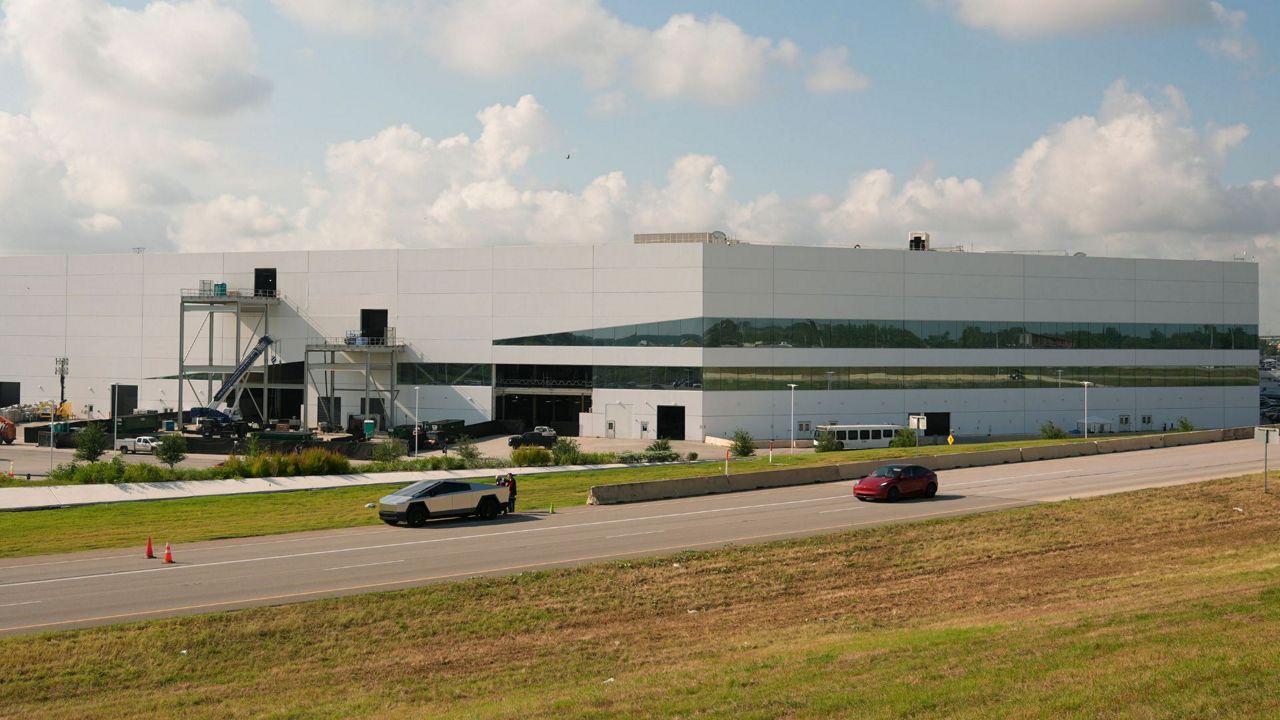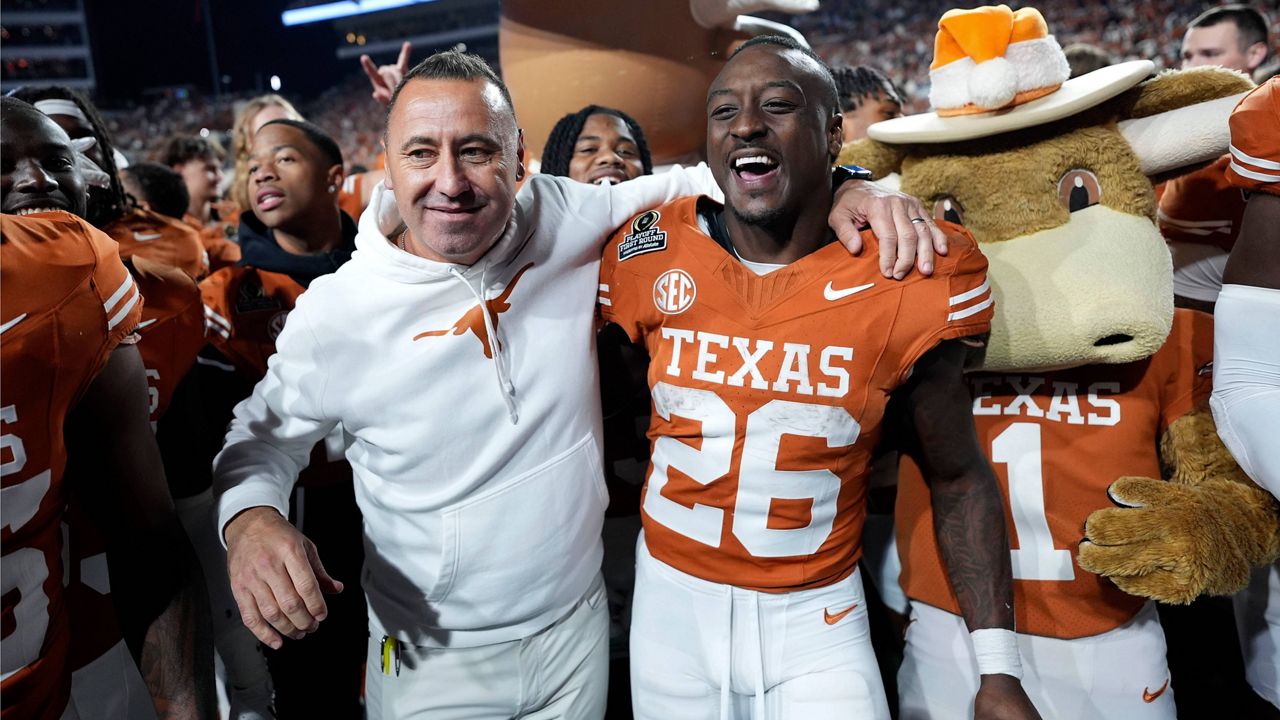Bussiness
Elon Musk wins back his huge Tesla payday in overwhelming shareholder vote

DETROIT — Tesla shareholders voted Thursday to restore CEO Elon Musk’s record $44.9 billion pay package that was thrown out by a Delaware judge earlier this year.
Vote totals weren’t immediately announced at Tesla’s annual stockholders’ meeting, but the company said they voted for Musk’s compensation plan, which initially was approved by the board and stockholders six years ago.
The favorable vote doesn’t necessarily mean that Musk will get the all-stock compensation anytime soon. The package is likely to remain tied up in the Delaware Chancery Court and Supreme Court for months as Tesla tries to overturn the rejection by a Delaware judge.
Tesla last valued the package at $44.9 billion in an April regulatory filing. It was once as much as $56 billion but has declined in value in tandem with Tesla’s stock, which has dropped about 40% in the last 12 months.
Chancellor Kathaleen St. Jude McCormick ruled in January in a shareholder’s lawsuit that Musk essentially controlled the Tesla board when it ratified the package in 2018, and that it failed to fully inform shareholders who approved it the same year.
Tesla has said it would appeal, but asked shareholders to reapprove the package at Thursday’s annual meeting.
A separate issue to move the company’s legal home to Texas to avoid the courts in Delaware, where Tesla is registered as a corporation.
“Its incredible,” a jubilant Musk told the crowd gathered at Tesla’s headquarters and large factory in Austin, Texas. “I think we’re not just opening a new chapter for Tesla, we’re starting a new book.”
Legal experts say the issue of Musk’s pay will still be decided in Delaware, largely because Musk’s lawyers have assured McCormick that they won’t try to move the case to Texas.
But they differ on whether the new approval of the pay package will make it easier for Tesla to get it approved.
Charles Elson, a retired professor and founder of the corporate governance center at the University of Delaware, said he doesn’t think the vote will influence McCormick, who issued a decision based on the law.
McCormick’s ruling essentially made the 2018 compensation package a gift to Musk, Elson said, and that would need unanimous shareholder approval, an impossible threshold. The vote, he said, is interesting from a public perception standpoint, but “in my view it does not affect the ruling.”
John Lawrence, a Dallas-based lawyer with Baker Botts who defends corporations against shareholder lawsuits, agreed that the vote doesn’t end the legal dispute and automatically give Musk the stock options. But he says it gives Tesla a strong argument to get the ruling overturned.
He expects Musk and Tesla to argue that shareholders were fully informed before the latest votes, so McCormick should reverse her decision. But the plaintiff in the lawsuit will argue that the vote has no impact and isn’t legally binding, Lawrence said.
The vote, he said, was done under Delaware law and should be considered by the judge.
“This shareholder vote is a strong signal that you now have an absolutely well informed body of shareholders,” he said. “The judge in Delaware still could decide that this doesn’t change a thing about her prior ruling and doesn’t require her to make any different ruling going forward. But I think it definitely gives Tesla and Musk strong ammunition to try to get her to revisit this.”
If the ruling stands, then Musk likely will appeal to the Delaware Supreme Court, Lawrence said.
After the votes were announced, Musk began telling shareholders about new developments in the company’s “Full Self-Driving” system. He has staked the company’s future on development of autonomous vehicles, robots and artificial intelligence.
“Full Self-Driving” keeps improving with new versions, and there’s no question it will exceed the safety of human drivers, Musk said without giving a time frame.
“This is actually going to work. This is going to happen. Mark my words, this is just a matter of time,” he said.
Despite its name, “Full Self-Driving” can’t drive itself, and the company says human drivers must be ready to intervene at all times. Tesla’s “Full Self-Driving” hardware went on sale late in 2015, and Musk has used the name ever since as the company gathered data to teach its computers how to drive.
In 2019, Musk promised a fleet of autonomous robotaxis by 2020, and he said in early 2022 that the cars would be autonomous that year. In April, Musk said the system should be ready in 2023.
Since 2021, Tesla has been beta-testing “Full Self-Driving” using volunteer owners. U.S. safety regulators last year made Tesla recall the software after finding that the system misbehaved around intersections and could violate traffic laws.









